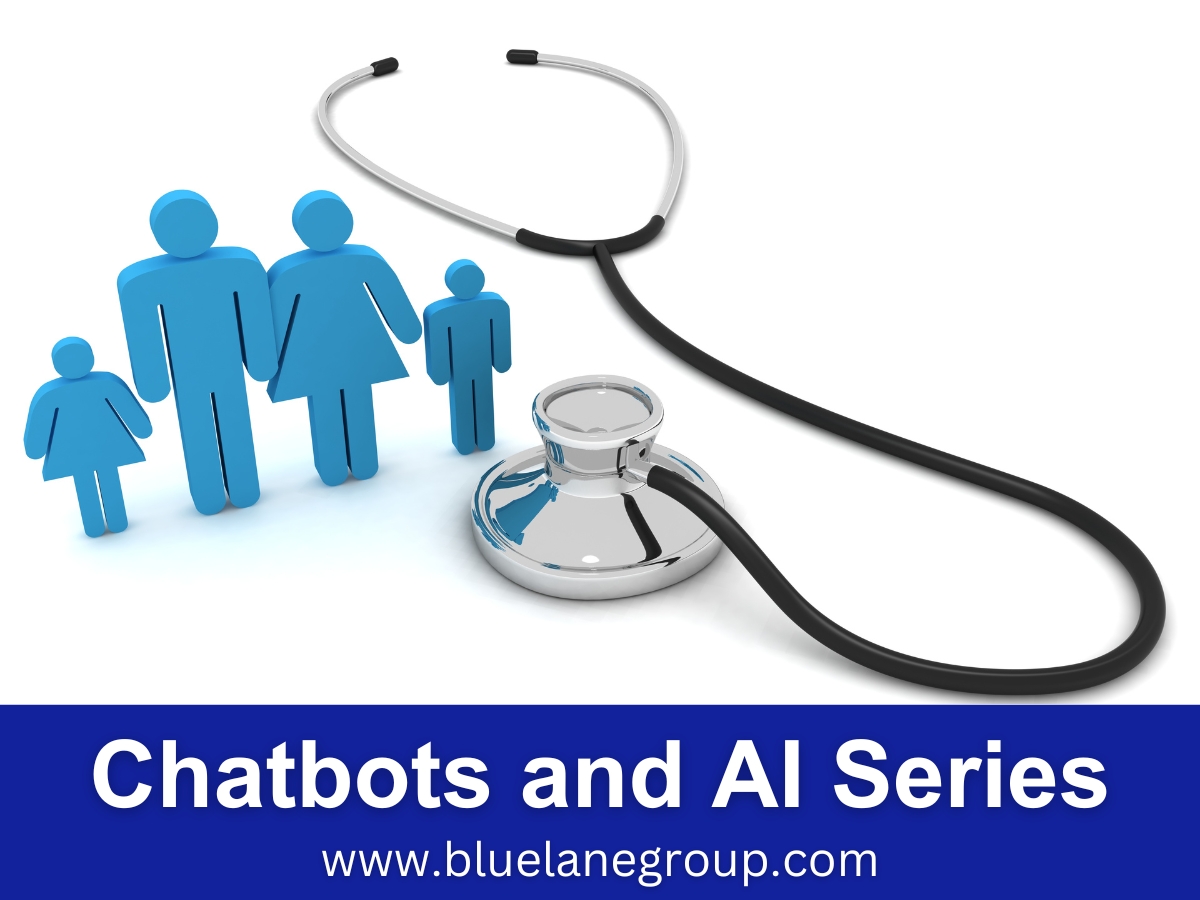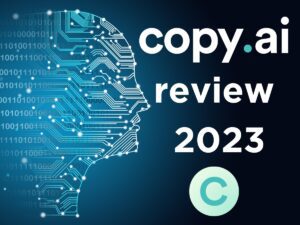In this guide, we explore chatbots in healthcare, emphasizing their revolutionary role in patient care, administrative tasks, and healthcare accessibility. We’ll uncover the applications, potential benefits, challenges, and the promising future of chatbots in this vital sector.
A Quick Glance – For the Health-Conscious Reader:
- Chatbots in healthcare are transforming the way patients interact with medical professionals, streamlining appointment bookings and access information. These AI-driven tools assist in areas like symptom checking, medication reminders, and post-surgery care, facilitating better patient outcomes and reducing the burden on medical staff.
- Healthcare is a domain where timely intervention can make all the difference. With their 24/7 availability, Chatbots are bridging the gap between patients and medical care, ensuring that help or guidance is just a message away. From hospitals to clinics, adopting chatbots provides a seamless, efficient, and more personalized patient experience. Chatbots are paving the way for a more responsive and patient-centric healthcare system in an era of digital health advancements.
Welcome to the nineteenth Blue Lane Group article in the Best Chatbots for Customer Service: Blueprint for Success in 2023 series. These posts examine the essential chatbot topics of customer service automation, exploring how chatbots revolutionize interactions, enhance user satisfaction, and redefine the benchmarks for excellence in modern customer-centric businesses.
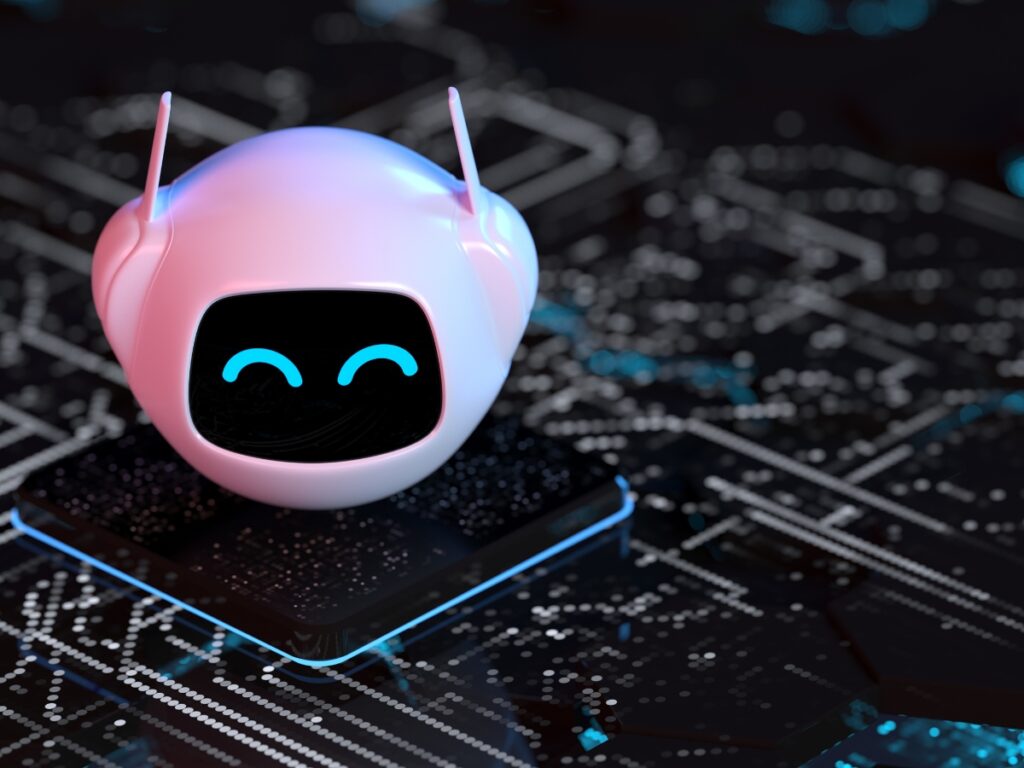
Disclosure: The digital products mentioned in this article are highly regarded in the marketplace and are endorsed by the Blue Lane Group staff. We may earn a commission at no additional cost if you purchase through the provided links.
Table of Contents

Chatbots in Healthcare: A Modern Revolution
Technological advancements are pivotal in enhancing patient care in the constantly evolving realm of healthcare. Among the many innovations, the emergence of chatbots, designed explicitly for healthcare scenarios, stands out prominently.
The ability of tools such as Ada Health and Gyant to offer instant medical consultations and information to patients is changing the dynamics of patient-doctor interactions. From instant preliminary diagnoses to timely medical advice, chatbots are paving the way for a more efficient and accessible healthcare ecosystem.
Understanding Healthcare Chatbots
As the healthcare industry grapples with the challenges of providing timely and personalized care to an ever-growing patient base, solutions like Babylon Health and Your.MD comes to the fore.
These aren’t just regular chatbots; they are specialized AI-driven virtual assistants tailored to address the multifaceted needs of the medical community. From offering medication reminders to interpreting symptoms and even providing post-care instructions, these chatbots play a pivotal role in modern healthcare operations.
What is a Healthcare Chatbot?
At its core, a healthcare chatbot is a digital entity, often powered by sophisticated AI and machine learning algorithms. Its primary function is interacting with patients, answering their queries, and assisting in various medical processes.
For instance, platforms like Buoy Health have been designed to mimic doctor-patient conversations, leading users to accurate health information. On the other hand, tools like Molly by MedRespond serve as virtual health assistants, helping healthcare organizations engage, educate, and monitor patients.
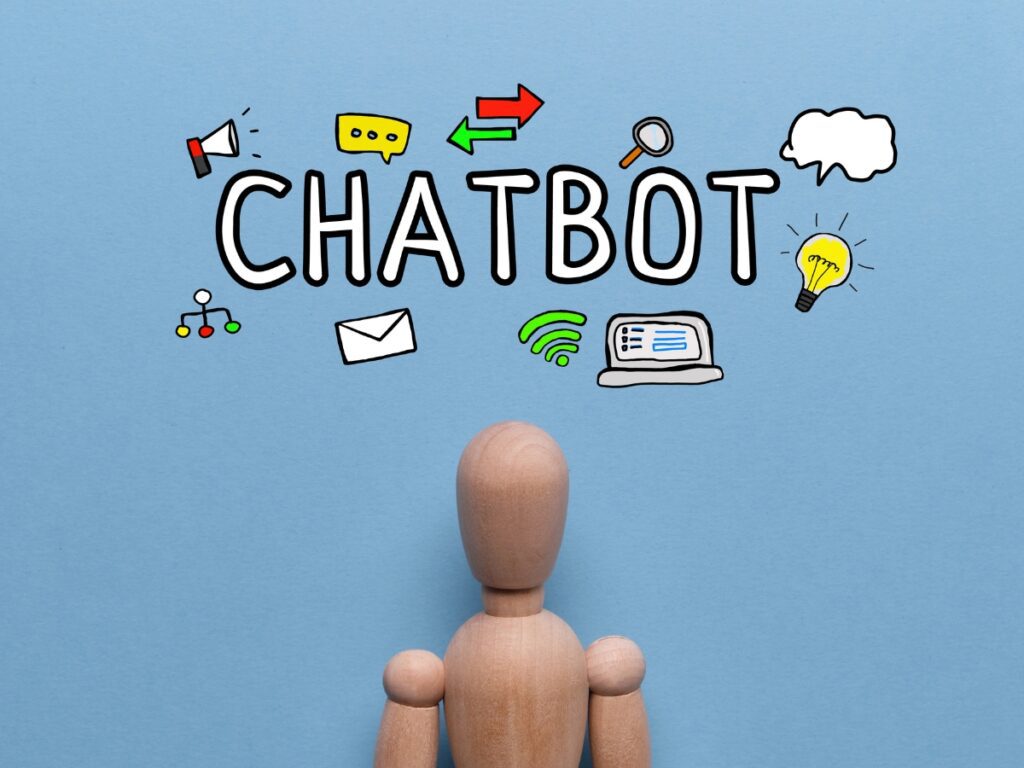
Historical Evolution of Chatbots in Healthcare
The journey of chatbots in the medical realm isn’t new. Thanks to platforms like IBM Watson Assistant and Pathfinder, they have come a long way from their initial stages of simple scripted responses. These platforms have equipped chatbots with the power of AI, enabling them to provide comprehensive medical consultations based on a vast database of medical knowledge.
As the technological landscape advanced, so did the capabilities of chatbots. Today, they are not just tools for answering generic medical queries but sophisticated systems capable of understanding and processing complex patient data. With the integration of platforms such as Orbita Voice and Gyant, chatbots have become more conversational, ensuring a more human-like interaction.
As we trace back their evolution, it’s evident that the collaboration of tech giants like Microsoft with their Cancer Chatbot and other medical experts have continually refined and enhanced chatbot functionalities, setting the stage for an era where they play an indispensable role in patient care and healthcare operations.
Why are chatbots important in healthcare?
The importance of chatbots in healthcare is multifaceted and proliferating. With the global health landscape becoming more complex, there’s an increasing demand for instantaneous, accurate, and round-the-clock support—chatbots powered by sophisticated platforms like Infermedica and Your.MD, step in to fill this need.
They offer immediate assistance, helping patients understand their symptoms, guiding them to appropriate care, and even monitoring chronic conditions. Beyond direct patient care, chatbots also play a pivotal role in administrative tasks, reducing the workload of healthcare professionals and ensuring that patients receive timely and accurate information.
Moreover, with the integration of AI-driven platforms such as Woebot, chatbots are now equipped to offer mental health support, showcasing their expansive potential in the healthcare sector.
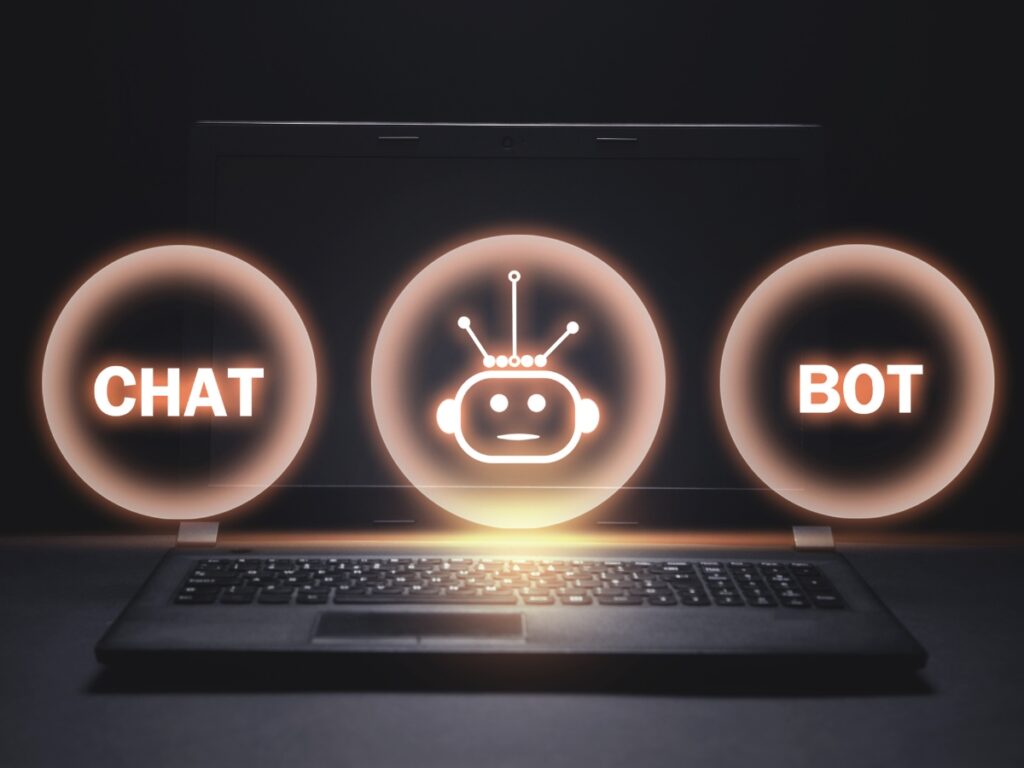
The Transformative Benefits of Healthcare Chatbots
Chatbots in healthcare are more than just digital assistants; they are transformative tools that redefine patient care. One of the primary benefits is their 24/7 availability, thanks to platforms like Ada Health and Gyant. Patients no longer need to wait for working hours to seek guidance or schedule appointments.
Additionally, platforms such as Buoy Health and HealthTap provide instant medical advice and symptom assessment, reducing the need for unnecessary hospital visits. This not only eases the strain on healthcare facilities but also ensures patients receive timely care.
Furthermore, with the integration of Molly by MedRespond, chatbots are now aiding healthcare organizations in engaging, educating, and monitoring patients more effectively than ever.
24/7 Availability with platforms like Ada Health & Gyant
The need for round-the-clock healthcare assistance has never been more pronounced in today’s fast-paced world. Platforms like Ada Health and Gyant have risen to the occasion by offering 24/7 chatbot services. Ada Health, a global health company, provides instant medical consultations based on personal medical history and general medical knowledge.
On the other hand, Gyant combines AI with expert medical insights, ensuring patients have continuous access to primary care and essential health information. These platforms allow patients to access reliable healthcare advice and guidance regardless of the time of day.
Reducing Waiting Time with Buoy Health
Long waiting times have always been a pain point in healthcare, whether for doctor’s appointments or medical advice. Buoy Health addresses this challenge head-on. Buoy Health can swiftly lead users to accurate health information by utilizing AI to simulate doctor-patient conversations.
This rapid response not only aids in immediate symptom assessment but also guides patients on the next steps, be it seeking medical attention or understanding their condition better. In doing so, Buoy Health streamlines the patient journey, ensuring they get the care they need without unnecessary delays.

Enhancing Patient Satisfaction through HealthTap
Patient satisfaction has always been at the heart of healthcare. With the digital transformation of the medical industry, platforms like HealthTap have emerged as pivotal tools in elevating patient experience. HealthTap connects individuals worldwide with care providers over video calls, voice, and text chats.
This facilitates instant medical advice and provides prescriptions, tips, and follow-ups. By making medical consultations more accessible and efficient, HealthTap ensures that patients don’t just receive care; they receive care that aligns with their convenience and preferences, significantly enhancing overall satisfaction.
Reducing Healthcare Costs and Increasing Efficiency
The integration of chatbots in healthcare has heralded a new era of cost efficiency and streamlined operations. Platforms such as Gupshup and Sensely offer comprehensive chatbot solutions that automate numerous administrative tasks, from appointment scheduling to patient follow-ups.
This automation reduces the burden on healthcare staff, leading to faster services and fewer errors. Moreover, with chatbots like Woebot offering mental health support, patients can receive preliminary care without the need for expensive therapist sessions.
Such innovations reduce the financial strain on patients and ensure that healthcare institutions can allocate resources more effectively, leading to better overall care.
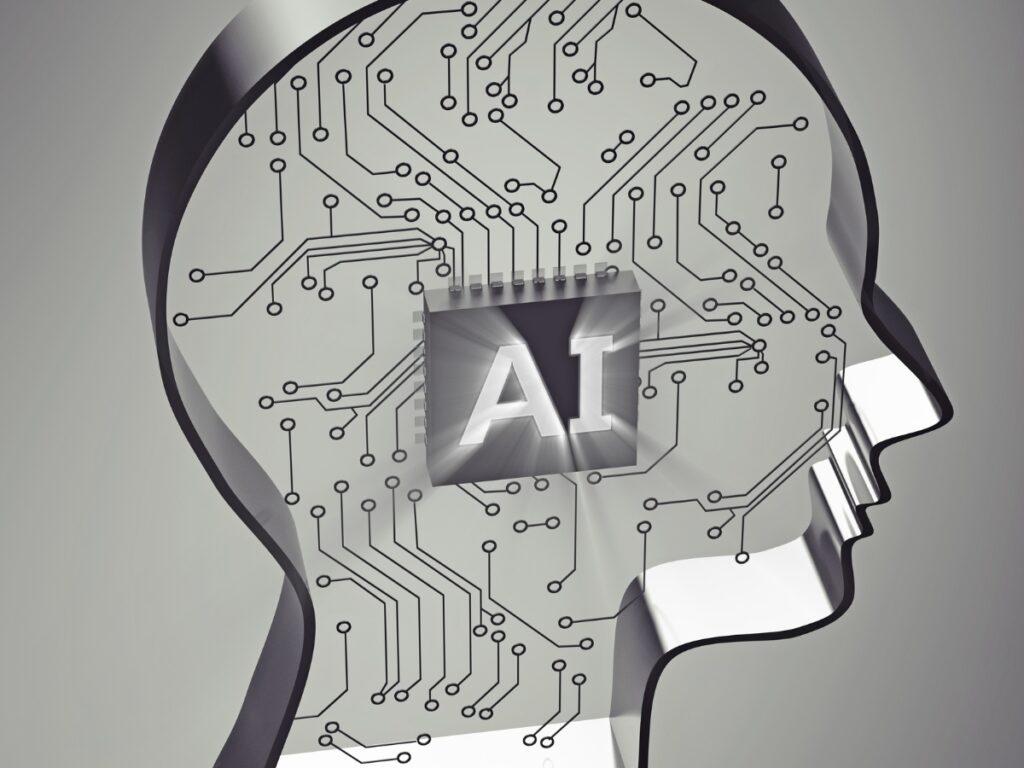
6 Prime Use Cases & Examples in 2023
As the healthcare landscape evolves, 2023 has witnessed an array of groundbreaking implementations of chatbots. These digital assistants are not just offering essential administrative support but are now deeply integrated into healthcare’s clinical and operational facets.
Chatbots have become crucial tools for enhancing patient care, from accurate diagnosis to mental health support. The following examples demonstrate the transformative potential of chatbots in modern-day healthcare, showcasing how they address specific challenges and improve overall patient experience.
1. Efficient Scheduling with Babylon Health
Gone are the days when scheduling a medical appointment meant long waiting times and cumbersome processes. With its AI-powered services, Babylon Health offers swift and efficient scheduling solutions.
The platform can allocate the most suitable time slot with the appropriate specialist by analyzing a patient’s medical history and needs. This ensures patients get timely medical attention and see the right experts for their concerns, optimizing the overall care journey.
2. Symptom Assessment through Your.MD & Infermedica
In the realm of initial medical assessments, platforms like Your.MD and Infermedica have become invaluable assets. These chatbots can quickly analyze patient inputs by utilizing vast databases and AI-driven algorithms, guiding individuals toward potential diagnoses or recommending further medical consultations.
This not only streamlines the process for patients, avoiding long waits in clinics but also aids healthcare professionals by providing a preliminary assessment, allowing them to prioritize cases and allocate resources more effectively.
3. Mental Health Assistance with Woebot
The increasing awareness of mental health issues has emphasized the need for immediate and accessible support. Woebot stands out as an AI-driven chatbot explicitly designed for mental health support.
It provides users with cognitive-behavioral therapy-based interactions, helping them manage stress, anxiety, and other emotional challenges. Through friendly and guided conversations, Woebot acts as a continuous companion, offering users strategies, exercises, and insights, ensuring they have support anytime needed.

4. Handling Coverage and Claims via Molly by MedRespond
Navigating the intricacies of medical coverage and claims can often be daunting for patients. With Molly by MedRespond, this process becomes significantly more straightforward. Molly assists patients in understanding their coverage benefits and even guides them through the claims submission process.
Doing so enhances the patient experience and minimizes errors and delays commonly associated with manual claims processing, ensuring smoother transactions and faster resolutions for healthcare providers and patients alike.
5. Public Health Updates using Baidu Doctor
In an era where information spreads lightning, timely and accurate public health updates are paramount. Baidu Doctor, developed by the renowned Chinese search company Baidu, provides users with credible medical information and up-to-date public health announcements.
The Baidu Doctor is a reliable source, mainly during health crises or outbreaks, disseminating essential information, guidelines, and precautions to the masses. This ensures that people are well-informed and can take the necessary steps to safeguard their health.
6. AI-driven Personalized Patient Care
One of the standout advantages of AI in healthcare is its ability to offer personalized care. Chatbots, backed by platforms like Orbita Voice and IBM Watson Assistant, can analyze a patient’s medical history, current symptoms, and other vital data to deliver tailor-made advice and recommendations.
This level of customization ensures that patients receive the most relevant information and care suggestions, enhancing treatment outcomes and overall patient satisfaction.

Drawbacks of Chatbots in Healthcare & Solutions
While chatbots in healthcare bring numerous advantages, they are not without their challenges. One of the main drawbacks is the limitation in understanding complex medical conditions, where human judgment is irreplaceable.
However, platforms like Sensely and Gyant continuously refine their algorithms to bridge this gap. Another concern is data security; patients need assurance that their sensitive medical information is safe. Addressing this, platforms such as Sensely have incorporated advanced encryption and data protection measures to ensure patient confidentiality.
The lack of emotional intelligence in chatbots can sometimes make interactions feel impersonal. Still, with ongoing developments in AI, chatbots are gradually becoming more adept at recognizing and responding to human emotions.
Addressing Limited Information & Inaccurate Data
One of the primary concerns with chatbots in healthcare is the limitation of their knowledge base and the potential for providing inaccurate data. If a chatbot doesn’t have access to comprehensive, updated medical information, it can misguide users.
However, with platforms like Your.MD and Infermedica, AI-driven chatbots can tap into vast databases, ensuring the notification is accurate and relevant. Continuous updating of these databases and integrating peer-reviewed medical research can further ensure the reliability of the information provided.

Addressing Security Concerns with platforms like Sensely
In the healthcare sector, data security is of utmost importance. Patients share sensitive information with chatbots, expecting it to remain confidential. Data breaches can severely affect the patient’s privacy and the healthcare provider’s reputation.
Sensely, an avatar and chatbot-based platform understands this criticality and has integrated advanced encryption and security protocols to protect patient data, ensuring that interactions remain private and secure.
Ensuring Reliable Medical Advice
The accuracy of medical advice provided by chatbots is a significant concern. Wrong direction can lead to improper treatments, causing harm. To mitigate this, platforms like IBM Watson Assistant and Gyant integrate AI and machine learning algorithms that cross-reference multiple data points before providing a solution.
Moreover, collaboration with medical professionals during the chatbot development phase ensures that the advice aligns with accepted medical practices.
Overcoming the Lack of Human Touch in Chatbots
While chatbots offer convenience and efficiency, they can’t replace the emotional connection and understanding that human medical professionals provide. Patients often seek empathy, especially when discussing sensitive health issues.
Platforms like Woebot, designed for mental health support, are paving the way by integrating cognitive-behavioral therapy principles, making interactions feel more empathetic and understanding.
However, it’s essential to strike a balance, ensuring patients know they’re interacting with a bot while making the experience as human-like as possible.
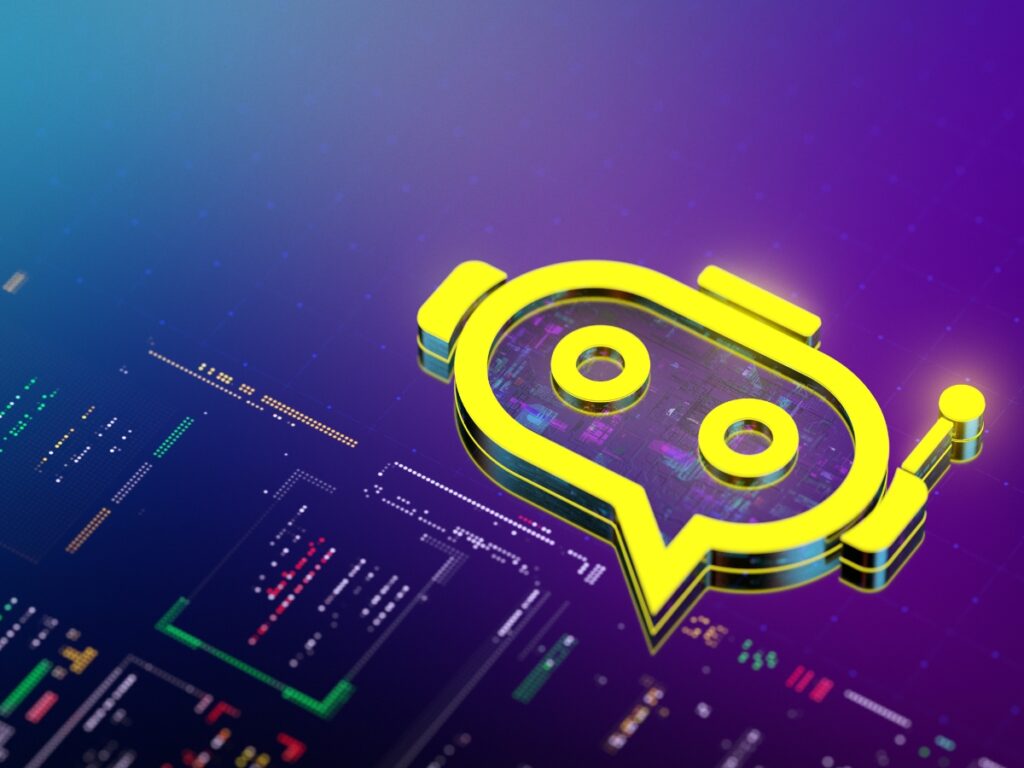
The Future Landscape: Predictions & Trends
As healthcare continues to evolve, so will the integration of chatbots in its framework. Looking ahead, the reliance on chatbots is poised to grow exponentially, driven by advancements in AI, increased patient demand for instant care, and the need to streamline healthcare operations.
Hospitals, clinics, and telehealth platforms increasingly recognize the potential of chatbots to revolutionize patient care, making investments in this technology not just advisable but imperative.
How platforms like Cancer Chatbot by Microsoft are shaping the future
Cancer Chatbot by Microsoft is a testament to the progressive strides being made in the realm of healthcare chatbots. This platform assists patients in understanding what to expect during cancer treatments, answers their queries, and offers personalized treatment options.
By addressing a niche yet crucial area like cancer care, this chatbot highlights the future direction of specialized bots that cater to specific ailments or conditions. Such advancements improve patient awareness and engagement and empower them with knowledge, allowing for more informed decision-making.
The Evolution of AI and Machine Learning in Chatbots
The potential of AI and machine learning in reshaping chatbots cannot be overstated. These technologies enable chatbots to understand context, learn from interactions, and provide more accurate responses.
With platforms like Ada Health and Gyant, which harness the power of AI, chatbots can now predict user needs, offer proactive assistance, and even detect potential health issues based on symptom input. As machine learning algorithms become more sophisticated, we can expect chatbots to become even more intuitive, responsive, and aligned with each patient’s unique needs.
This evolution will lead to chatbots being seen less as tools and more as indispensable healthcare companions.

FAQs: Addressing Key Questions About Chatbots in Healthcare
- What are the primary uses of healthcare chatbots? Healthcare chatbots serve multiple purposes, including symptom assessment, appointment scheduling, providing medication information, mental health support, and public health updates—advanced platforms like Your.MD and Woebot offer specialized symptom-checking and mental health assistance functions, respectively.
- How do platforms like Babylon Health enhance patient care? Platforms like Babylon Health utilize AI to offer consultations based on personal medical history and common medical knowledge. This ensures patients receive tailored advice, enhancing the quality and personalization of care.
- Are healthcare chatbots safe for diagnosing illnesses? While healthcare chatbots like those powered by Infermedica can provide preliminary diagnoses based on symptom inputs, they shouldn’t replace professional medical consultations. They are best used as an initial guide before seeking a doctor’s advice.
- How do chatbots like Sensely address security concerns? Chatbots, especially in the healthcare sector, deal with sensitive patient data. Platforms like Sensely, with its avatar and chatbot-based approach, ensure data privacy and security through advanced encryption and secure data handling protocols.
- Can chatbots in healthcare completely replace human doctors? No, healthcare chatbots are designed to complement and support healthcare professionals, not replace them. Chatbots like Molly by MedRespond help engage and educate patients, but human touch, expertise, and judgment remain irreplaceable in medical care.

Conclusion: The Road Ahead for Chatbots in Healthcare
The healthcare industry is witnessing a transformative phase with the integration of chatbots into its services. From simplifying administrative tasks to offering instant medical advice, chatbots have paved the way for a more efficient and patient-centric approach.
As technology evolves, so will the capabilities of these chatbots, leading to more advanced and precise patient care. The potential for personalization, combined with the ability to process vast amounts of data swiftly, positions chatbots as a game-changer in enhancing patient experiences.
However, as with all technological advancements, challenges and ethical considerations will emerge. Ensuring the security of patient data, providing reliable medical advice, and maintaining the irreplaceable human touch in medical care will be paramount.
The future promises a symbiotic relationship between chatbots and healthcare professionals, where each complements the other’s strengths, driving the industry toward a more efficient and holistic care paradigm.
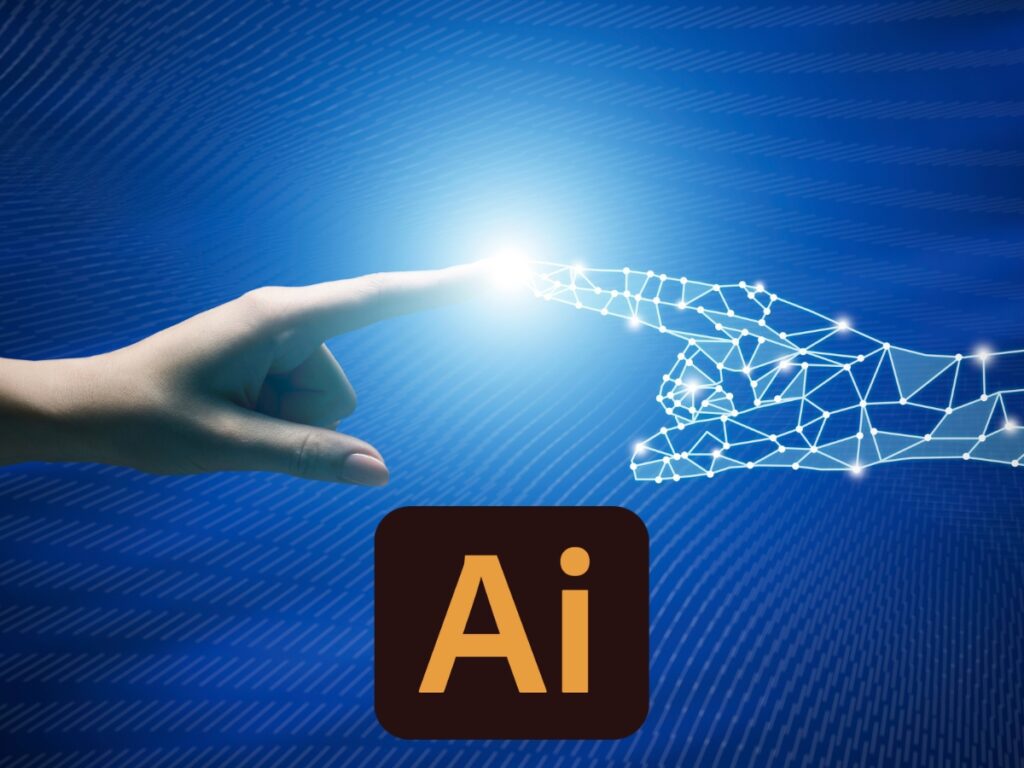
You Might Also Like
If you enjoyed this article and received value from it, check out the other Blue Lane Group articles in the Best Chatbots for Customer Service: Blueprint for Success in 2023 series:
- Chatbot ROI: Unlock Unmatched Profits with Top 5 Strategies for Optimization
- Omnichannel Chatbots: Unlock Consistent Engagement with 7 Best Practices
- Chatbot KPIs: 10 Essential Metrics to Drive Optimal Results
- Multilingual Chatbots: Break Language Barriers with 8 Leading Solutions
- Enterprise AI Chatbot Solutions: 7 Key Tools to Supercharge Your Business
- Mastering Chatbot Training: 7 Strategies for Optimal User Engagement
- Chatbot APIs: 6 Leading Options for Seamless Functionality
- Chatbot Scripts: 9 Proven Strategies to Boost Conversions and Engagement
- Rule-Based Chatbots: Drive Consistent Responses with Top 9 Benefits
- Chatbot Success Metrics: Unlock Optimal Performance with Top 10 Insights
- Chatbot Analytics: Drive Excellence with 10 Essential Tools
- Mastering Interactivity: Top 10 Chatbot Frameworks Explored
- Chatbots in Retail: 7 Winning Strategies for Elevated Customer Engagement
- Chatbots for Lead Generation: 6 Best Practices to Transform Your Funnel
- Chatbot Integrations: 6 Essentials for Enhanced Productivity and Operations
- Chatbot UX: Enhance Engagement with These 8 Vital Principles
- Chatbot Security: 7 Essentials to Safeguard Your Business
- Chatbot Development Services: 7 Must-Knows to Boost Your ROI
- Chatbots in Healthcare: 6 Leading Innovations Revolutionizing Patient Care
- NLP for Chatbots: Top 6 Techniques Transforming Chat Experiences
- Benefits of Chatbots in Customer Service: 7 Key Sales Boosters
- 7 Essential Social Media Chatbots for Unmatched Engagement
- Building Chatbots Powered by AI: 5 Proven Techniques for Epic Profits


